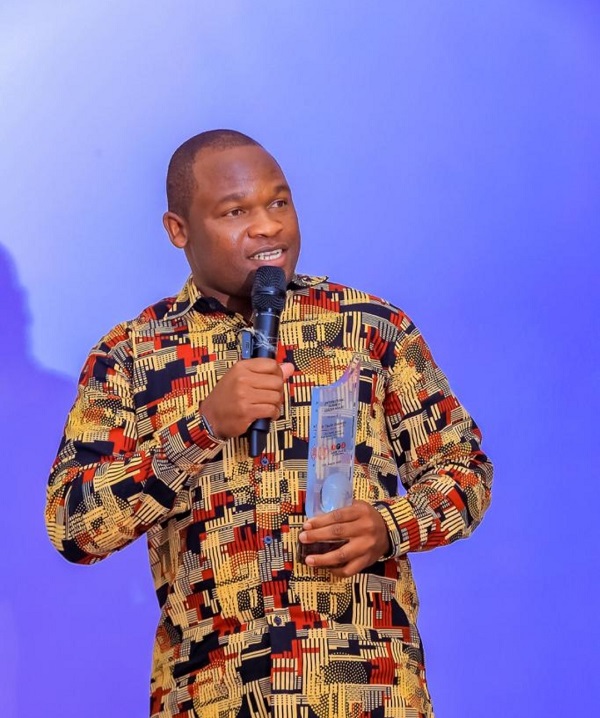
Zimbabwean business magnate and philanthropist, Dr. Tinashe Manzungu, has emphasised the need for Africa to make determined efforts to fully implement its continental free trade concept, promote trade liberalisation, market-oriented reforms, economic growth and increased integration of African economies.
Manzungu called on the continent and its leaders to address the infrastructural gap on the continent, as a key step towards restoring the former glory of Africa’s economies.
Speaking at the recently concluded fourth edition of the Jamie Pajoel International (JPI) Annual Leadership Conference held in Kigali, Rwanda, Manzungu expressed his concerns about the severe infrastructural challenges hindering trade and economic activities within the continent.
“The key word is prosperity. It’s not just about doing business; for our continent to prosper, we must first address the underlying challenges that are impeding economic growth and success. Profit-seeking is not enough; we need to consider environmental and social governance (ESGs). We, as Africans, are not effectively managing these aspects, and this is where we need to focus and find solutions,” he explained.
Manzungu highlighted some alarming statistics, painting a stark picture of Africa’s infrastructural deficiencies. He noted that only one in five people in Africa has access to electricity, a clear indication of the energy infrastructure gap. Additionally, only 2 to 50 per cent of the population has access to clean water, a mere 4 per cent of African farmland is irrigated, over 60 per cent of the population lacks basic sanitation facilities, and just 25 per cent of roads in Africa are paved with tarmac while 75 per cent are dusty and underdeveloped.
He asserted that Africa should be self-reliant in its development, as the continent’s growing population provides an ample market for its products. However, he pointed out that many African countries are still relying on the same infrastructure that was left by their former colonizers. This poor infrastructure is hampering trade and making it more profitable to trade with countries outside of Africa than within.
Manzungu called attention to the fact that poor rail networks and inadequate harbour facilities have led to high costs of doing business within Africa, making logistics less efficient. He used the example of trading with Zimbabwe from Nigeria, illustrating that the lack of sufficient infrastructure leads to higher costs and impacts overall prosperity.
To address these challenges and restore Africa’s glory, Manzungu stressed the need to close the infrastructural gaps. He highlighted a significant cost estimate provided by the UN secretary-general’s report – $72 billion from now until 2030. This funding is necessary for Africa to reclaim its economic glory, and he emphasized that it should come from entrepreneurs rather than politicians.
Manzungu also called on private sector leaders who attended the conference to take a proactive role in partnership with governments to restore the economic prosperity of the continent.
The conference, held under the theme “Build to Last,” comes at a time when the business world is becoming increasingly competitive and dynamic. The event aimed to provide a platform for leaders to strategise effectively, take decisive actions, drive performance, cooperate successfully and foster innovative solutions.
The Jamie Pajoel International (JPI) is a globally recognised non-governmental organisation with operations in Canada and Nigeria. It is registered under the governments of both countries to serve as a platform for human capital development.


